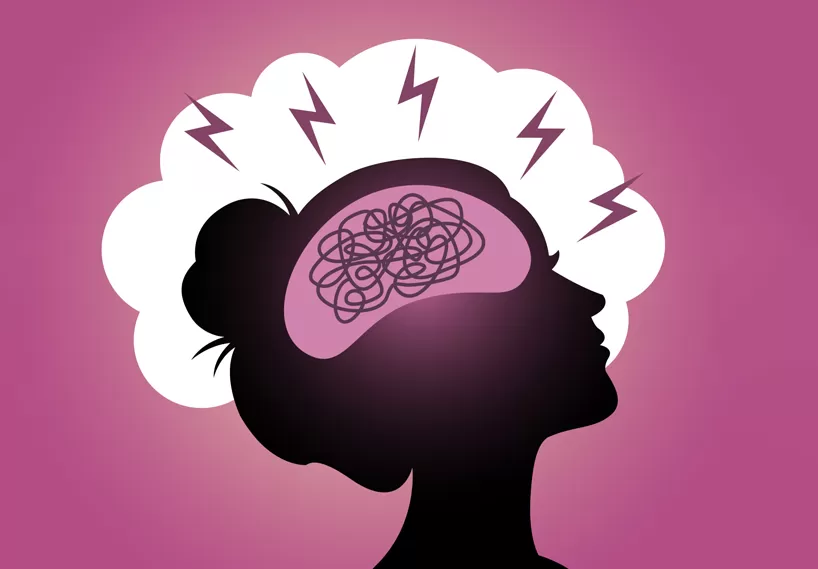AI Month - How ChatGPT can help Trainers in the VET sector reduce cognitive overload and stress when doing research
In vocational education, trainers often juggle multiple responsibilities: planning lessons, assessing students, managing classrooms, and staying up to date with industry trends. One common challenge is conducting research—whether it’s gathering information for lesson plans, finding examples to explain industry concepts, or staying current with the latest developments. With so many demands, cognitive overload and stress can quickly build up.
That’s where tools like ChatGPT come in. While artificial intelligence (AI) may sound complex, it’s actually designed to make life easier. Let’s explore how ChatGPT can reduce cognitive overload and help educators focus on what they do best—teaching.
What Is Cognitive Overload?
Cognitive overload happens when you’re trying to process too much information at once. For example, you might be:
- Trying to research different approaches to teaching practical skills.
- Searching for resources to create engaging content.
- Thinking of ways to engage a group of learners with different needs.
When this happens, your brain works overtime, making it harder to focus, recall information, or make decisions. Over time, this can lead to stress and burnout, especially if you’re balancing teaching with administrative tasks and student support.
How Can ChatGPT Help?
ChatGPT is a tool powered by AI that allows you to ask questions and receive clear, concise answers in real time. Whether you’re looking for information on a specific topic or brainstorming ideas, ChatGPT can help simplify your research process and lighten your cognitive load. Here’s how:
1. Instant Information Retrieval
Instead of spending hours sifting through search results, ChatGPT can provide direct answers to your queries. Whether you’re researching changes in workplace safety standards or looking for strategies to engage adult learners, you can ask ChatGPT for quick insights. This reduces the need to read multiple articles and reports, saving time and brainpower.
Example: Instead of reading through several reports on the latest industry standards, you could ask, “What are the recent updates to WHS guidelines for construction workers in Australia?” ChatGPT would summarise the key points, making it easier for you to integrate them into your lessons.
2. Simplified Complex Concepts
Sometimes, research requires understanding dense or complex information. ChatGPT can break down complicated concepts into simpler terms, helping you understand topics faster. This is especially useful when you’re researching topics outside your immediate expertise, or when trying to explain new ideas to learners.
Example: If you’re trying to explain a complex process like risk assessment in an aged care facility, ChatGPT can provide easy-to-understand explanations and examples, which you can adapt for your students.
3. Organising and Structuring Information
Another common source of cognitive overload is organising research material. ChatGPT can help you organise your thoughts and structure your content. If you need help outlining a lesson plan or creating an assessment, ChatGPT can provide suggestions for structuring the material logically and clearly.
Example: Let’s say you’re designing a lesson on time management for business students. You can ask ChatGPT for a step-by-step guide or a template, and then adapt it to fit your learners’ needs.
4. Reducing Repetitive Tasks
In vocational education, you may find yourself answering similar questions or searching for the same resources over and over. ChatGPT can save previously used information or provide consistent responses, freeing up time and mental energy for more critical tasks.
Example: If students often ask for examples of workplace communication, ChatGPT can quickly generate new examples for you to use in class, without you having to start from scratch each time.
5. Supporting Your Creativity
Sometimes, the pressure of coming up with new ideas or solving challenges can add to cognitive overload. ChatGPT can serve as a brainstorming partner, suggesting activities, case studies, or assessments tailored to your subject area. This helps spark creativity without the stress of trying to generate ideas from thin air.
Example: If you’re teaching a unit on ethical decision-making and need fresh scenario ideas, you can ask ChatGPT to generate potential workplace situations, saving you time and effort.
How Does ChatGPT Reduce Stress?
By simplifying your research process, ChatGPT can significantly reduce stress. With instant access to clear information, educators can:
- Spend less time on research and more time engaging with students.
- Feel more confident in their lesson planning, knowing they have quick access to up-to-date resources.
- Avoid the frustration that comes with trying to process large amounts of information all at once.
Final Thoughts
Research is an essential part of vocational education, but it doesn’t have to be overwhelming. Tools like ChatGPT can lighten the load by providing quick access to information, simplifying complex concepts, and helping you stay organised. By reducing cognitive overload and stress, ChatGPT allows you to focus on what really matters: helping your learners succeed.
By incorporating AI tools into your teaching toolkit, you can streamline your workflow, stay informed, and approach your work with renewed energy and confidence. It’s a practical way to manage the increasing demands of modern education while maintaining balance and well-being.
So – is my job at risk? – no, ChatGPT has lightened your load, it’s pointing you in the right direction, however, you always need to check the results, is it relevant information or did ChatGPT make it up. We’ll explore these thoughts in more detail in our next blog.


